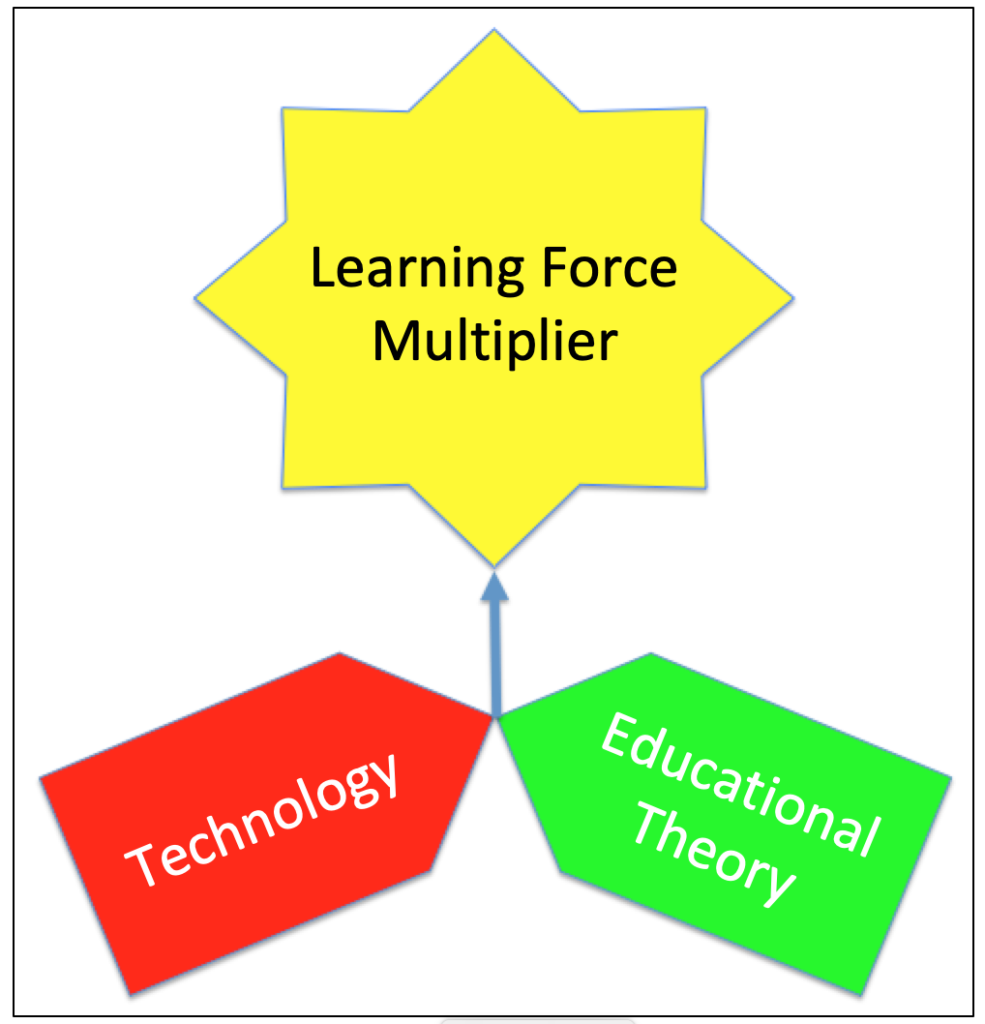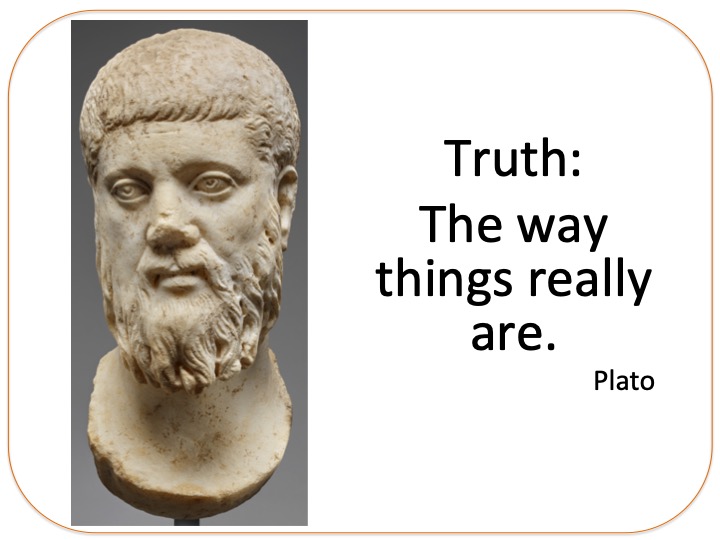Global Learning Advisers is a small non-profit organization led by me, John W. Shaffer. I have been involved in training and instructional design full time since 1997. Previous to that, most of my work was as a field service engineer in very high-tech career fields. Like many other people have done, I taught several courses from time to time as part of my normal jobs. In 2006 I completed a Master’s Degree in Education with an emphasis in Educational Technology.
I am passionate about helping others learn. As I mention on the home page of this website, I define learning as a transfer of skills and knowledge. Learning is more than just a transfer of information. Learning must include not only “knowing” but also “doing”. People should be able to do something with the information they learn.
Part of my passion to help others learn extends to the intersection between technology and educational theory. Using technology with no regard to educational theory is unlikely to lead to the best results. Organizations should only use technology while also taking educational theory into account. If this is done, technology can serve as a force multiplier to help people learn.

Learning in a face-to-face (F2F) environment has occurred for millennia. There are several instances in which F2F learning is preferable and even necessary. However, technology has a place to play even with most F2F learning. For the below statements, I consider a “comprehensive educational program” to be one that uses technology while taking educational theory into account. Also, parts of that comprehensive educational program should be conducted both online and in traditional F2F settings.
Here are several things Global Learning Advisers does:
- Provide information and training about how to incorporate technology into comprehensive educational programs.
- Provide educational analysis, design, development, delivery, and evaluation services related to using technology in comprehensive educational programs.
- Provide technology (both hardware and software) to design, develop, access, store, and deliver comprehensive educational programs.
- Provide complete courses and course materials to be used in online educational programs.

